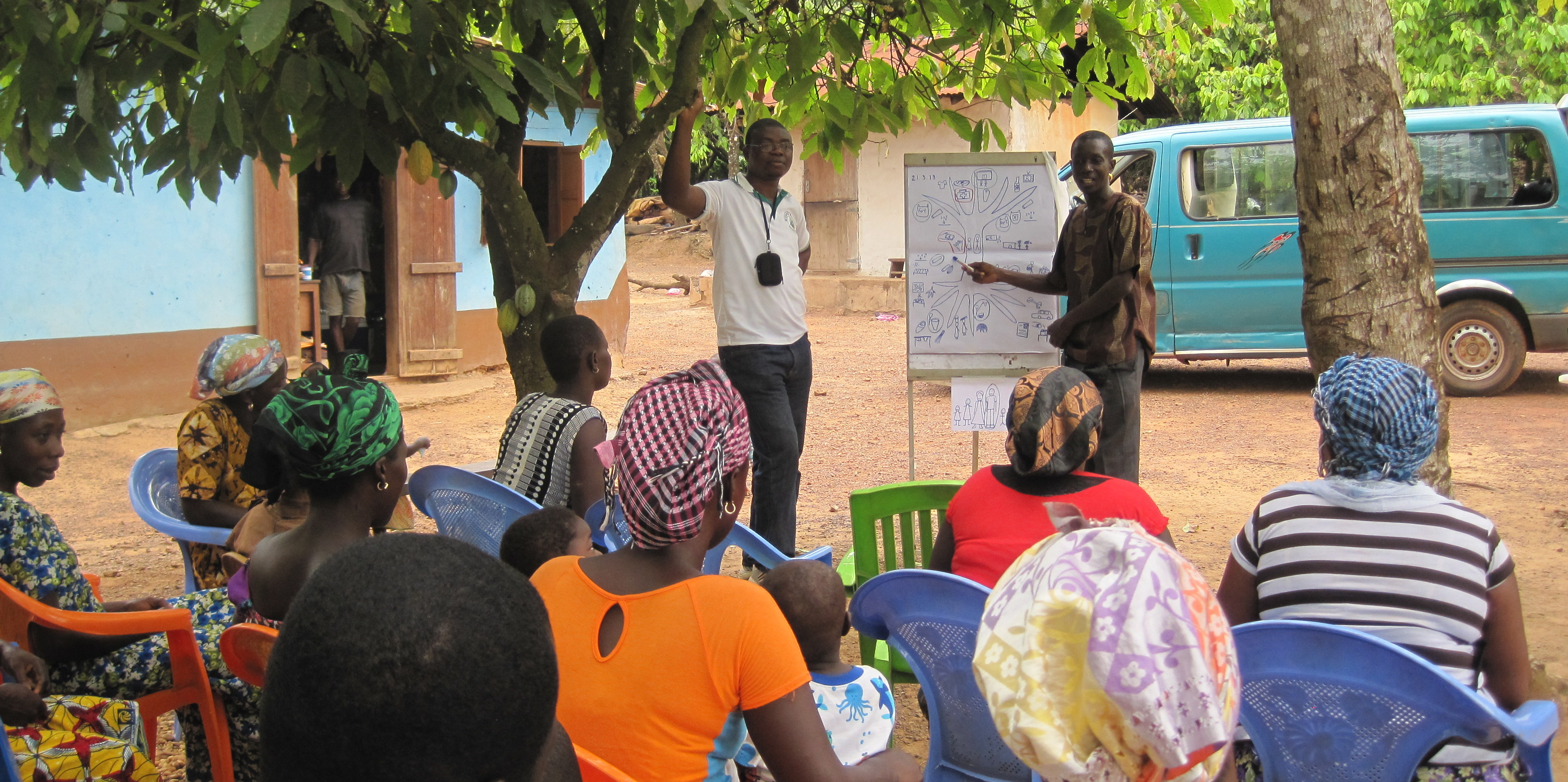
March 18, 2014, by ICCSR
Making Fair Trade ‘Fair’: Listening to Women in Supply Chains
The beginning of March has rolled around once again, and with it, Fairtrade Fortnight, and International Women’s Day. These two events brought together two important questions: how to make trade ‘fair’, and the role of women in getting there.
In many supply chains women are working away in taken-for-granted roles, often unremunerated. For a while it was assumed that fair trade supply chains were different, because, well how could they be ‘fair’ if one gender was left out of the party? A significant body of research has since demonstrated that unfortunately this is not true, that women are working on supply chains, especially within agriculture, and getting very little, if anything in return. Much of the assumed fairness was due to the fact that evaluations, surveys and feedback processes had left women out: and their experiences thus went undocumented.
Twin UK released a report last October that I was lucky enough to contribute to. In it they review women and men’s roles in a number of food chains (nuts, coffee, cocoa) in six different countries. The report finds that overall, women are contributing to the quality and sustainability of many commodities, but that on-going and deep-rooted gender norms often block the path to equal opportunities within food chains.
For example, in Ghana women have always worked, and cocoa is no exception. Women and men, however, claim that women simply ‘help’ the men with the cocoa crop, despite the research showing that their input is substantially more. Further, they are contributing to the quality (through their cocoa drying and fermenting techniques) and sustainability (care for young plants) of the cocoa product itself (see also Barrientos, 2013). This presents an efficiency argument for incorporating women, and their specific needs, into the fair trade process.
Then there is the normative case- the fact that it is troubling if people are working to provide us with our tasty chocolate bars, but do not receive the money or status they should for doing so. Their husbands or sons get the cash and the associated power, and centuries of gender inequality prevail. There is, then, an equity-argument for incorporating women into fair trade: because it is right to do so.
To begin, businesses need to first know the roles of women and men in their product supply chain. Throughout my PhD research it has been surprising to me how little some businesses are aware of gender segregated work roles, and therefore, gender segregated rewards, in the form of pay, empowerment or decision-making capabilities. There is a huge amount of confusion and unease from business on ‘gender’ issues: they simply don’t know where to start. This has been the case for businesses in the UK too: not just those in developing country contexts. Therefore, Twin UK and I have been championing participatory gender research methods which track these aspects of women and men’s lives, gathering information that is aimed to help design fair trade, and CSR, policies and programmes. Listening to men and women workers’ is a demonstrably good place to start on the path to ‘fair’ business practices.
By Lauren McCarthy
Graduate Teaching Assistant and Doctoral Researcher, ICCSR
Nottingham University Business School
Image by Lauren McCarthy, 2013.
Cocoa farmers in Western Region, Ghana take part in a participatory gender research workshop with cooperative staff members.

Very interesting. Seems to be a cultural pride thing too, where the men simply don’t want to admit how important and valuable women are to the production process. Just my thoughts.
I agree, gender is after all a cultural product, and so central to our identities that I would be surprised not to see resistance when things are pushed to change. The status and pride connected with production is an area sometimes overlooked in favour of focusing on the financial rewards (of fair trade etc), so your comment is very welcome!
I have great impression about the role of women in a group or a team. Usually a team work is facilitated a lot if there is at least one woman. Our National Chemistry team many times got bad results when there is no girl in it, even though the student quality is about the same every year.
That’s interesting, there are plenty of organisational psychology studies which look at male and female behaviours and conclude that women are better at communicating and organising. It depends on the group though- in some cultures women won’t want to (or be able to) speak in a mixed group setting. In others, they may be spoken over. Dale Spender’s ‘Man Made Language’ is a fascinating look at those kind of issues!